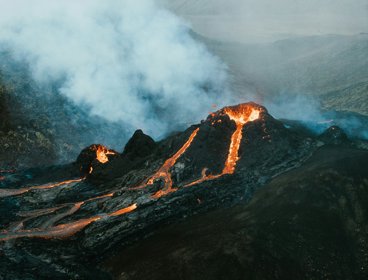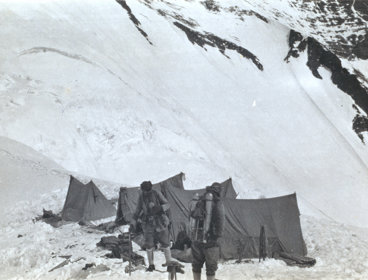This lecture explores how in the 19th century physical and mental illnesses were treated with herbal remedies gathered in the since decimated forests of Myanmar and with magic potions, prepared by spirit specialists.
About our speaker
Dr Susan Conway has spent most of her career in inland Southeast Asia. She began working on a heritage project to create an inventory and photograph Thai temple mural paintings in Buddhist monasteries in remote villages. She later recorded the role of women in religious life as they fed the monks, prepared rituals objects and decorated monastery interiors for festivals. She noted their role in healing using herbs and ritual chanting. Women worked in the rice fields, then at home raised silkworms and cotton, that they dyed and wove for clothing and household use. Since those early days she has published books on the culture, arts and crafts of Thailand and the Shan States of Burma (Myanmar) and curated exhibitions in UK and Thailand. More recently she returned to the subject of healing to document how Buddhist monks and spirit experts, some of them women, deal with physical and mental health, particularly in areas where there is an absence of western medicine.
Methods of healing involve chanting, Buddhist rituals, herbal remedies, spells and magic potions. Although these skills are passed orally from one generation to the next, they are also recorded in mulberry paper manuscripts, many today in poor condition with folios missing. Back in the UK, Susan discovered a manuscript of this type in the collections of the Horniman Museum which has been here since around 1860. She asked the museum for a copy and took it to Shan State on her next assignment teaching at Shan State Buddhist University near Taunggyi. The abbot and a spirit expert arranged a translation by a group of elderly villagers in a remote area who were able to decipher the defunct script. The manuscript contains recipes to treat physical and mental illness using plants, animal extracts, minerals and liquids, administered with Buddhist chanting and magic spells. Ingredients were collected in the forests and cultivated in home gardens in a rich and diverse environment. The Horniman manuscript is now the subject of a book that captures this fascinating aspect of Southeast Asian culture. It also provides a record of what was living and growing in the forests before they were destroyed. It could be useful to conservationists who in the future may seek to restore Shan forests to their former glory.
Booking for in-person attendance is required.
 About Monday night lectures
About Monday night lectures
-
Monday night lectures are open to Fellows and Members and are included in the cost of membership.
-
Monday night lectures are held in person in the Ondaatje Theatre and the bar will be open in the Map Room before and after the lecture. Please be advised all payments are card only.
-
All Fellows and Members wanting to attend in person must pre-book a free ticket.
-
All Monday night lectures are livestreamed via our website so you can watch them from wherever you are.
Venue: Royal Geographical Society (with IBG)
1 Kensington Gore, London, SW7 2AR



